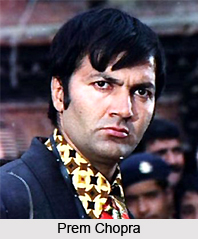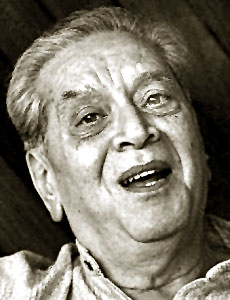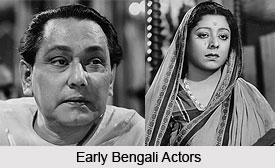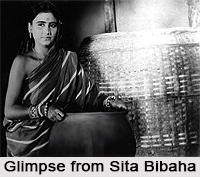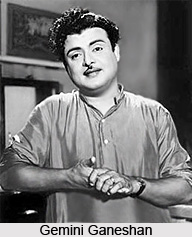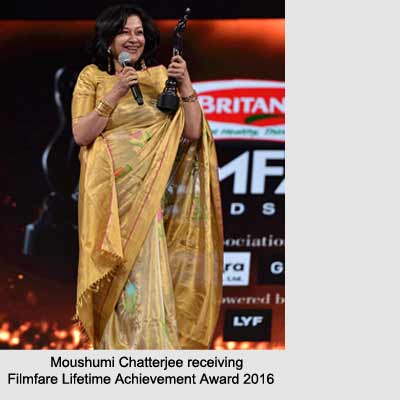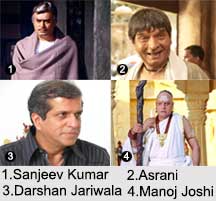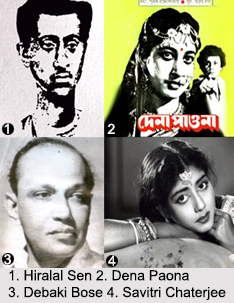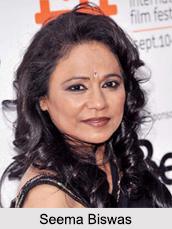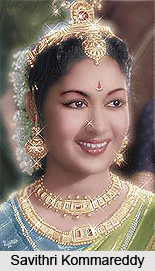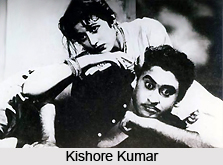 Kishore Kumar was a self-taught filmmaker, however unfortunately this talent of his was not much publicized and thus he could never make any money from it. He began filmmaking like any other beginner, watched others at work, snooping around on the sets, made friends with spot boys and learned short cut tips from technicians. As a star actor, he enjoyed the privileged position in having access to every department of filmmaking and he took full advantage of it.
Kishore Kumar was a self-taught filmmaker, however unfortunately this talent of his was not much publicized and thus he could never make any money from it. He began filmmaking like any other beginner, watched others at work, snooping around on the sets, made friends with spot boys and learned short cut tips from technicians. As a star actor, he enjoyed the privileged position in having access to every department of filmmaking and he took full advantage of it.
Kishore Kumar never made anybody his guru, but took the best of knowledge from everyone he met. Kishore went into filmmaking, initially as producer in 1958 with the hit Bengali film Lukochuri-directed by Kamal Majumdar in which he played himself in a double role, one serious and the other, playful. In another six years, he came up with his directorial debut with Door Gagan Ki Chhaon Mein, the film that is often referred to as a "cross between Pather Panchali and The Proud Rebel". The comparison could not of course, be further from the truth.
Kishore Kumar did many more films like Satyen Bose`s Chalii Ka Naam Gaadi, S.D. Narang`s Dilli Ka Thug, Shankar Mukherjee`s Jhumroo and Kalidas`s Half Ticket, which does not credit him more than an actor and singer, but his directorial influence over them is all pervasive and unmistakable. Through these exercises, Kishore had honed his art of filmmaking before deciding to pick up the megaphone. Although his two productions Door Gagan Ki Chhaon Mein and Chalti Ka Naam Zindagi did not really work well in the box-office, he went forward to produced and direct 14 films, of which as many as six-Neela Aasman, Suhana Sangeet, Pyar Ajnabi Hai, Band Master Chik Chik Boom, Dinu Ka Dinanath and Jamuna Ke Teer -were discontinued before completion.
The spirit of filmmaking moved Kishore Kumar and he always felt that he had something to say. But he always warned his distributors at the very outset that the films might run for a week at the most. This very notion of this talented personality often ruined his relationship with the distributors. Kishore gave another reason to his venturing into filmmaking; he once said that India did not have good directors, with few exceptions including Satyen Bose and Bimal Roy.
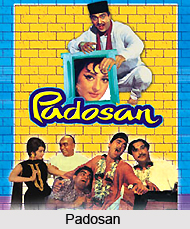 Kishore Kumar came up with a slapstick comedy Hum Do Daku in 1967. Somehow, the story of two brothers, Mannu (Kishore) and Jaggu (Anoop Kumar) based on a ludicrous mission of digging out hidden treasures from the ruins of Mohenjodaro and Harappa attracted the audience but not to the expected point. So in his next film, Door Ka Rahi (1971), Kishore went back to a serious subject of a traveler, Prashant in search of a meaning in life but incapable to shake off the demons of his past. As always, the credit for story, screenplay, music, playback, production, direction and acting all were given to Kishore Kumar. The film also featured top stars like Ashok Kumar, Tanuja, Abhi Bhattacharya and Padma Khanna and its songs like Bekarar dil tu gaye jaa and Panthi hoon main became smash-hits.
Kishore Kumar came up with a slapstick comedy Hum Do Daku in 1967. Somehow, the story of two brothers, Mannu (Kishore) and Jaggu (Anoop Kumar) based on a ludicrous mission of digging out hidden treasures from the ruins of Mohenjodaro and Harappa attracted the audience but not to the expected point. So in his next film, Door Ka Rahi (1971), Kishore went back to a serious subject of a traveler, Prashant in search of a meaning in life but incapable to shake off the demons of his past. As always, the credit for story, screenplay, music, playback, production, direction and acting all were given to Kishore Kumar. The film also featured top stars like Ashok Kumar, Tanuja, Abhi Bhattacharya and Padma Khanna and its songs like Bekarar dil tu gaye jaa and Panthi hoon main became smash-hits.
Three years later, Kishore Kumar came up with another rib-tickling comedy, Badhti Ka Naam Dadhi (1974). This story was revolving around one Bandookwala who regards the beard as a sign of machismo, Kishore simply went over the top with a retaliation, appearing in as many as six roles opposite stalwarts like I.S. Johar and K.N. Singh. It just did not work, just as his next film Shabhash Daddy (1978) also dropped down without a trace. This time however, he was rather controlled as a retired army officer, Col Chhaju Singh who falls for a beautiful fisherwoman, even as he has a young, suitable son at home. Mehmood, Madan Puri, Jayashree T. and Yogeeta Bali shared the leads with him.
Kishore Kumar always played the protagonist and wrote his own stories and screenplays that were influenced from his own life and effortlessly seeped into the narrative and affected the mood and treatment of his films. All great artistes know the minute technicalities, but in this case Kishore Kumar could not make the best use of this talent because he was neither a clever manipulator of the box-office nor did much care about public tastes, competition or filmmaking trends.
Kishore Kumar used to advertise in the papers, asking for boys to come for a screen test and was very fastidious about choosing his cast. He was also very particular about all the nitty-gritties of filmmaking. Neither did he think about public demand nor about the popular themes of making film. The subjects were innate and he flowed with his ideas. His films were from spontaneous themes and thus crafted with expert hands. It was such an unfortunate truth that very few of his classics got its worthy recognition.








